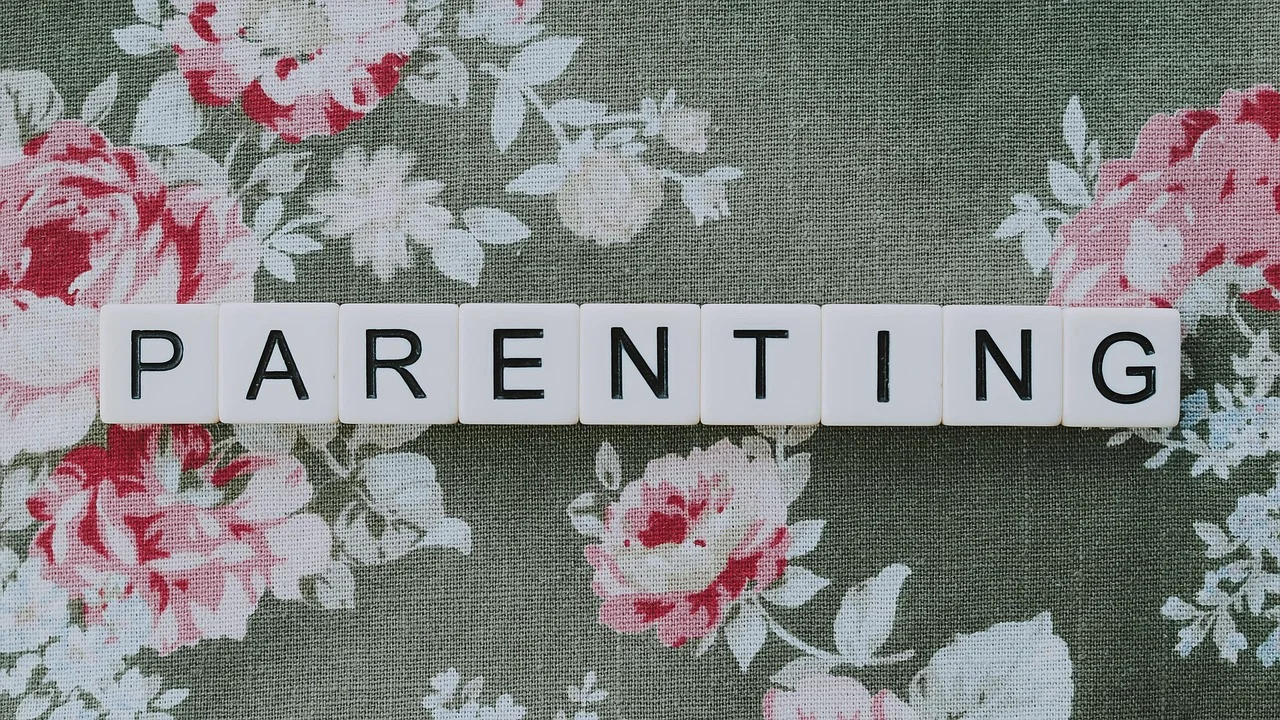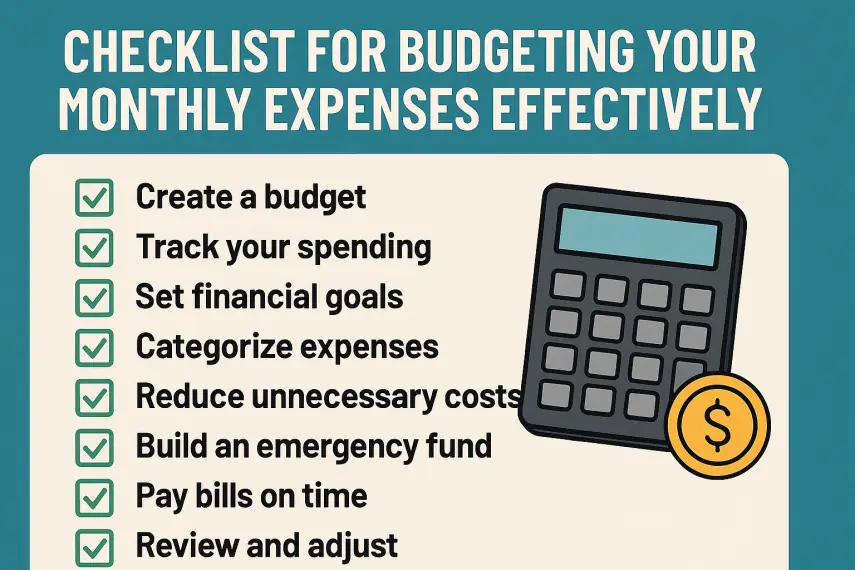
Effective Parenting Strategies: Building Strong Relationships with Your Kids
📑 Contents
Effective Parenting Strategies: Building Strong Relationships with Your Kids
Parenting is one of the most rewarding and challenging journeys in life. Every child is unique, and so is every family. As parents, we strive to raise happy, healthy, and resilient kids, but knowing exactly how to achieve this can be overwhelming. In this comprehensive guide, we’ll explore practical parenting strategies backed by research and real-world experience. Whether you’re raising toddlers or teens, you’ll find actionable tips to foster positive relationships, encourage good behavior, and help your children thrive.
Understanding Your Parenting Style

Before diving into specific strategies, it’s important to recognize your own parenting style. Experts generally categorize parenting styles into four main types: authoritative, authoritarian, permissive, and uninvolved. Each style has a different impact on children’s development and behavior.
| Parenting Style | Characteristics | Common Outcomes |
|---|---|---|
| Authoritative | High warmth, high expectations, supportive, sets clear boundaries | Confident, responsible, good social skills |
| Authoritarian | Low warmth, high expectations, strict, little dialogue | Obedient, less happy, lower self-esteem |
| Permissive | High warmth, low expectations, indulgent, few rules | Impulsive, struggles with authority, egocentric |
| Uninvolved | Low warmth, low expectations, absent, little guidance | Low self-esteem, poor academic performance |
The authoritative style is generally considered the most effective, balancing warmth with clear boundaries. Understanding your tendencies can help you make intentional choices in your parenting journey.
Building Positive Relationships with Your Children

A strong parent-child relationship forms the foundation for healthy development. Children who feel connected and valued are more likely to listen, cooperate, and develop confidence. Here are some strategies to nurture that bond:
- Quality Time: Set aside regular time for one-on-one activities, even if it’s just 10–15 minutes a day. Let your child choose the activity.
- Active Listening: Give your full attention, make eye contact, and reflect back what your child says to show you understand.
- Physical Affection: Hugs, cuddles, and gentle touches are powerful ways to communicate love and security.
- Express Appreciation: Notice and praise your child’s efforts and positive behaviors, not just achievements.
- Open Communication: Encourage your child to share their feelings and thoughts without fear of judgment.
Positive Discipline: Guiding Behavior Effectively
Discipline is about teaching, not punishing. Positive discipline helps children learn self-control and responsibility while preserving their self-esteem. Here are some key principles:
Set Clear Expectations
Children need to know what is expected of them. Use simple, age-appropriate language and be consistent with rules.
Use Natural and Logical Consequences
Allow children to experience the consequences of their actions when safe. For example, if they forget their homework, they learn to be more responsible next time.
Redirect and Offer Choices
Instead of saying “No,” suggest alternatives or give limited choices. This empowers children and reduces power struggles.
Model the Behavior You Want
Children learn by watching. Demonstrate respect, patience, and problem-solving in your own actions.
Encouraging Healthy Development at Every Age
Children’s needs and challenges change as they grow. Here are age-specific tips for supporting development:
Infants and Toddlers (0–3 Years)
- Respond promptly to cries and needs—this builds trust.
- Encourage exploration in a safe environment.
- Use simple language and lots of repetition.
- Read and sing together daily.
Preschoolers (3–5 Years)
- Set routines for meals, sleep, and play.
- Encourage sharing and taking turns.
- Use stories and play to teach social skills.
- Let them help with simple tasks to build independence.
School-Age Children (6–12 Years)
- Support homework and learning, but allow for mistakes.
- Teach problem-solving and conflict resolution skills.
- Encourage participation in sports, arts, or hobbies.
- Discuss emotions and coping strategies openly.
Teenagers (13–18 Years)
- Respect their growing need for independence.
- Set clear boundaries and explain reasons for rules.
- Stay involved in their lives without being intrusive.
- Talk about values, relationships, and decision-making.
Managing Screen Time and Technology
Technology is a big part of modern family life. While screens can offer educational and entertainment value, too much can impact sleep, learning, and behavior. Here’s how to find a healthy balance:
- Set Limits: Follow age-based guidelines from organizations like the American Academy of Pediatrics.
- Co-View and Discuss: Watch or play together and talk about what you see.
- Encourage Offline Activities: Prioritize outdoor play, reading, and creative projects.
- Be a Role Model: Practice healthy screen habits yourself.
- Establish Tech-Free Zones: Keep bedrooms and meal times screen-free.
Supporting Emotional Well-Being
Children face many challenges, from academic pressure to social issues. Helping them develop emotional resilience is key:
- Validate Feelings: Let children know it’s okay to feel sad, angry, or frustrated.
- Teach Coping Skills: Practice deep breathing, mindfulness, or journaling.
- Model Healthy Expression: Share how you deal with your own emotions.
- Seek Help When Needed: If your child shows signs of anxiety, depression, or behavioral issues, consult a professional.
When Parenting Gets Hard: Self-Care and Support
Parenting isn’t easy, and it’s normal to feel overwhelmed at times. Taking care of yourself is essential for your well-being and your ability to care for your children.
- Ask for help from friends, family, or community resources.
- Take breaks when needed, even if it’s just a few minutes of quiet.
- Connect with other parents for support and encouragement.
- Practice self-compassion—nobody is perfect.
Frequently Asked Questions
- 1. What’s the best way to discipline my child without yelling or spanking?
- Positive discipline focuses on teaching rather than punishing. Use clear expectations, logical consequences, and positive reinforcement. Stay calm, be consistent, and model the behavior you want to see.
- 2. How can I help my child develop good self-esteem?
- Show unconditional love, praise effort rather than just results, encourage independence, and listen to their feelings. Allow them to make age-appropriate decisions and support their strengths.
- 3. How much screen time is appropriate for my child?
- For children aged 2–5, limit screen use to one hour per day of high-quality programming. For older kids, set consistent limits and prioritize healthy activities. Discuss online safety and monitor usage.
- 4. What should I do if my child is being bullied?
- Listen without judgment, reassure your child it’s not their fault, and work with teachers or school officials to address the situation. Teach assertiveness and problem-solving skills, and seek professional help if needed.
- 5. How can I balance work and parenting?
- Prioritize quality time, set realistic expectations, and establish routines. Communicate openly with your employer and family, and don’t hesitate to ask for support when needed.
Summary
Parenting is a lifelong learning process filled with joys and challenges. By understanding your parenting style, building strong relationships, using positive discipline, and supporting your child’s emotional and developmental needs, you lay the foundation for a healthy, resilient family. Remember, there’s no such thing as a perfect parent—what matters most











